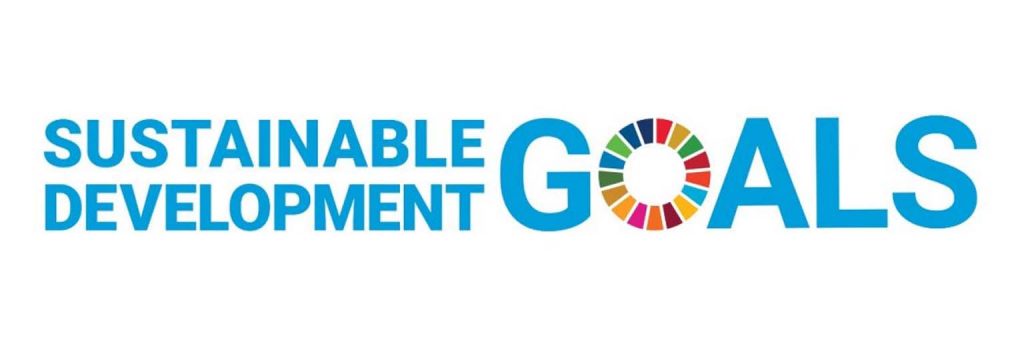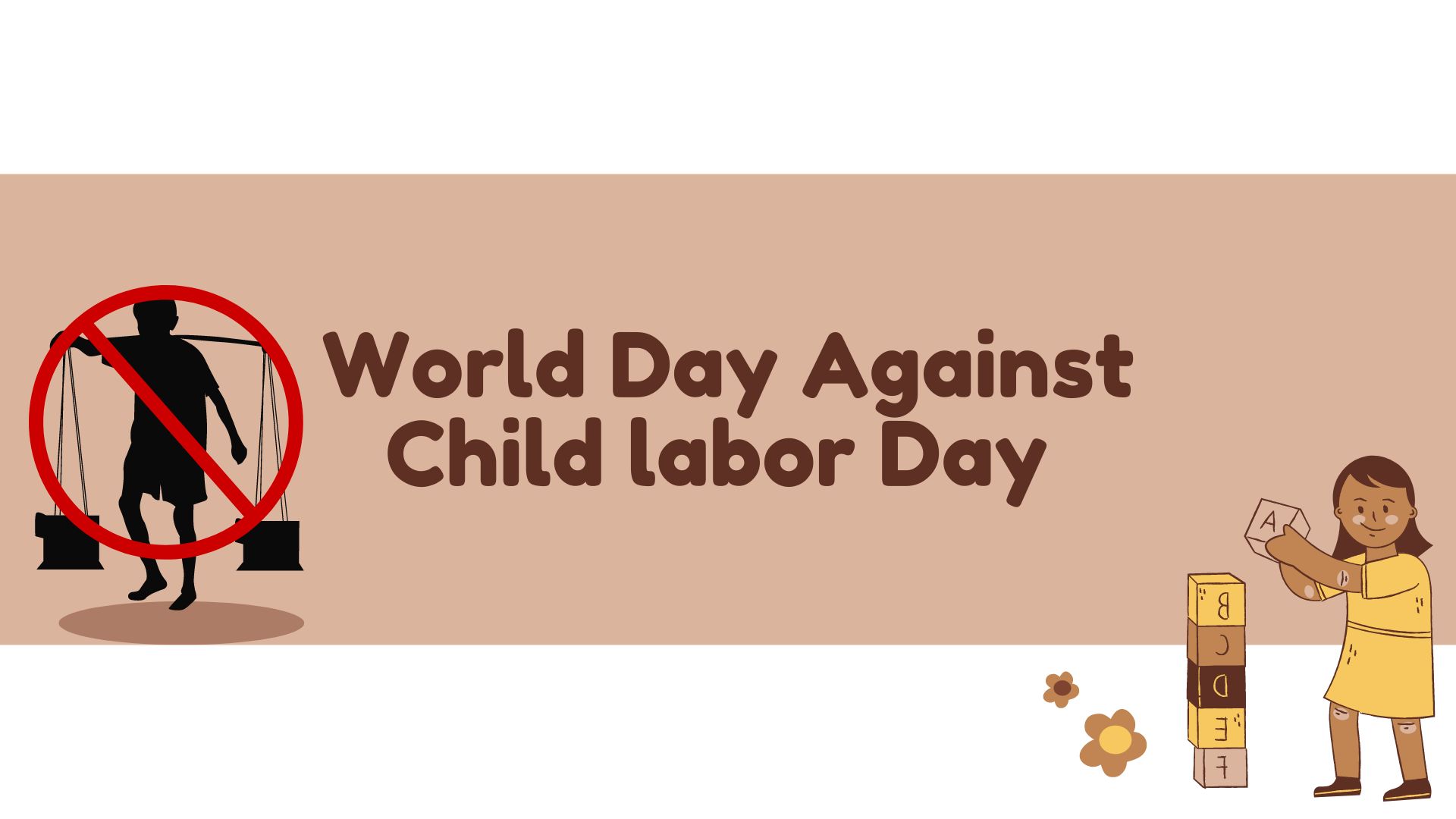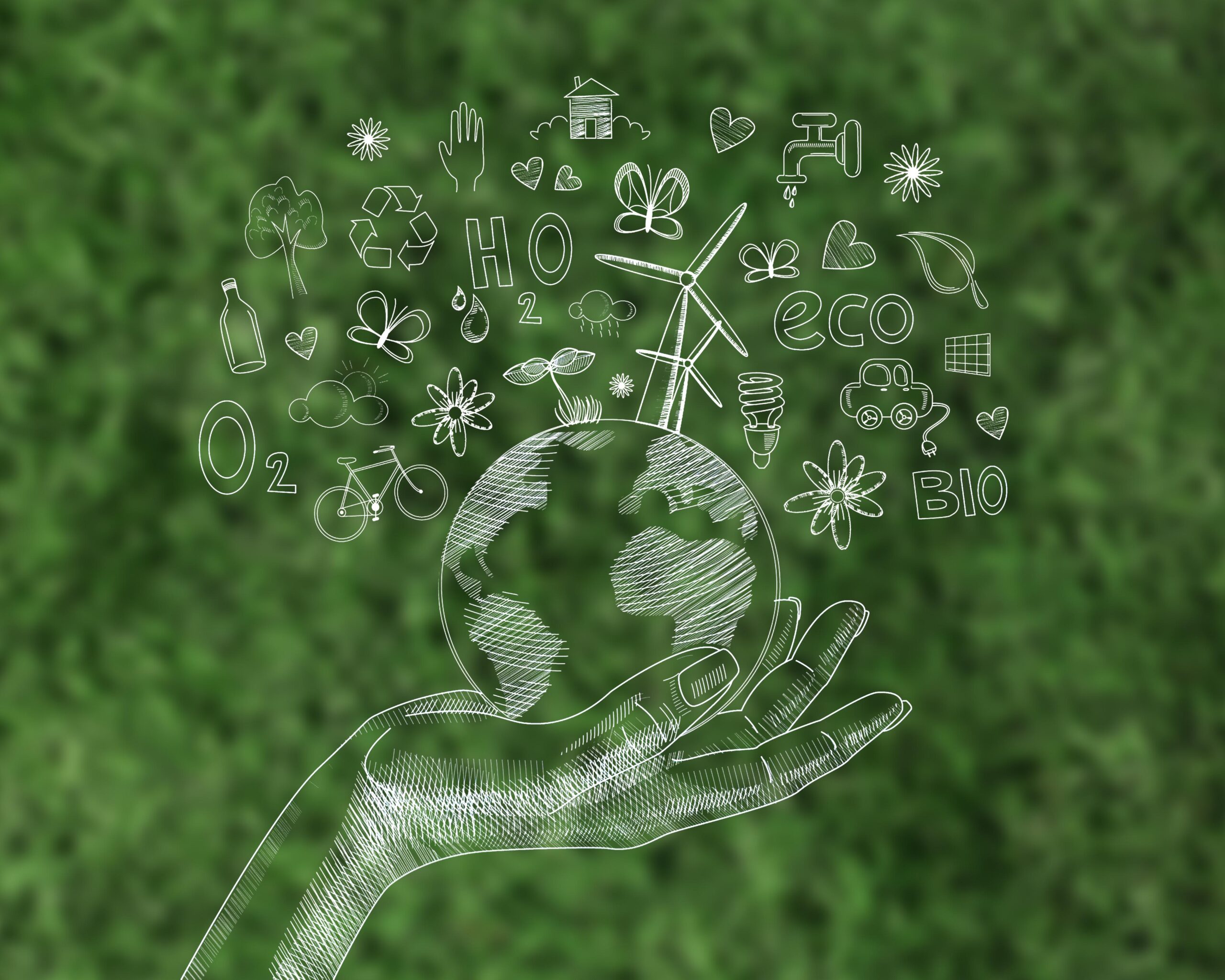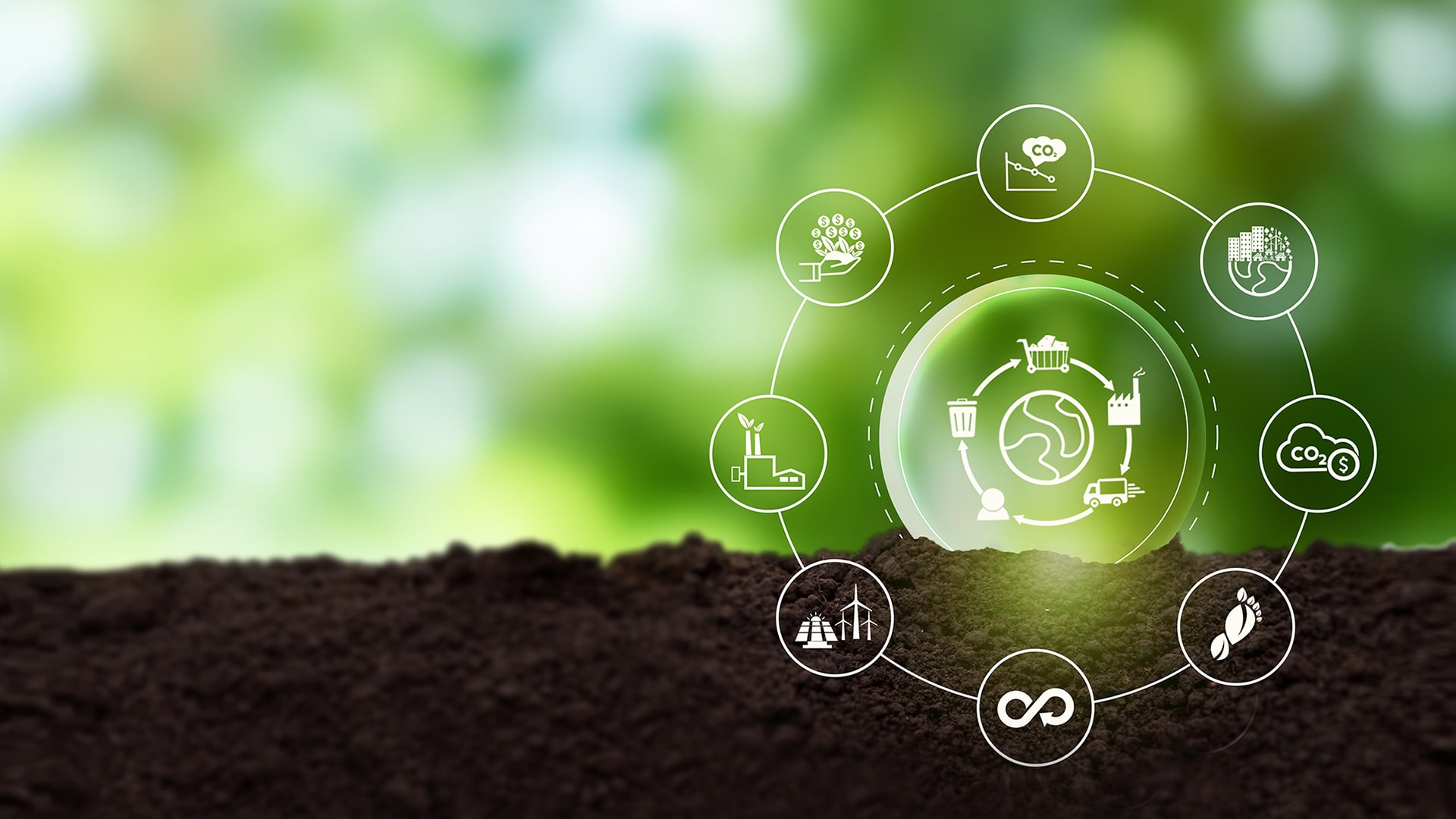According to the definition given by the United Nations, the Sustainable Development Goals or SDGs are the blueprint to achieve a better and more sustainable future for all.
They address the global changes related to poverty, climate change, environmental degradation, peace and justice. All the 17 Goals are interconnected to one another.1
As global population is growing, so is the demand for resources. Given the finite resources at our disposal, the current rate of extraction is nearly impossible to maintain in the long run. The need of the hour is to embrace sustainability in all forms to provide a safe environment for future generations. The SDGs form a strong list of targets for all to work towards.
In this light, youth forms a huge mass that can assist in this transition. The 2030 Agenda clearly applies to all of the world’s 1.2 billion young people, who currently make up 16 per cent of the global population—and to the 1.3 billion young people who will call the world home by 2030, the target date for attaining the Sustainable Development Goals. Closer home, in India 60% of the population is below the age of 29; 40% below the age of 19. Working towards a change in mindset of this particular demographics will decide the success of the SDGs. 2
The effective engagement of the youth in achieving the sustainable development goals could help in preventing or reducing the threats and challenges caused due to extreme poverty, gender inequality, slow economic growth, hunger, climate change, harmony and peace helping in further building an inclusive, stable and growing economy. From being sheer beneficiaries of the 2030 Agenda, young people can be the change makers for SDG related activities.
Youth being the next generation are at a key juncture of human civilization, where they through their actions can shape the future. The youths of today live in an interconnected world with no paucity of free information flows. It is important to use this to change the views and perspective of young citizens towards the concept of sustainability
The need of the hour is to reduce demand and promote responsible consumerism. Promoting responsible consumerism will only help in assessing once choices and fighting over the age-old dilemma of needs vs wants. Who knows, this small effort by each young citizen can force businesses to re-look at their business models? Maybe leasing/sharing platforms for products other than urban mobility might become viable…
A small change now will pay dividends later; and these changes begin at home. Small seemingly needless activities like closing water taps, using the wastewater from reverse osmosis (RO) systems for other purposes, switching off lights when not required, segregating waste, avoiding the use of single use plastics etc. can go a long way in transitioning towards sustainability.
“Be the change you want to see in the world”
Mahatma Gandhi
“NOTE: The views expressed here are those of the authors and do not necessarily represent or reflect the views of CRB.”













































































































